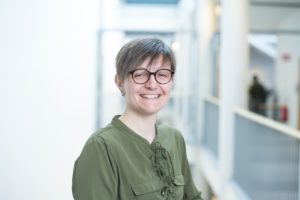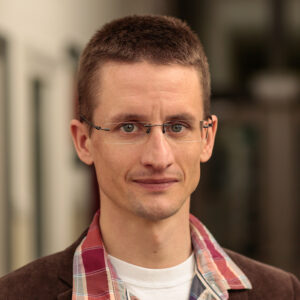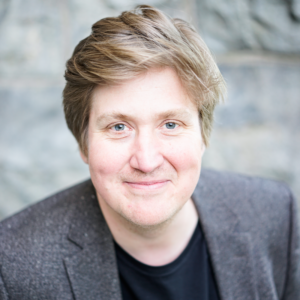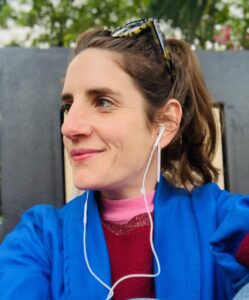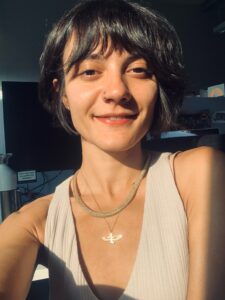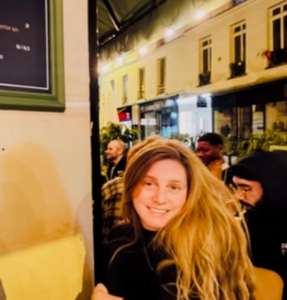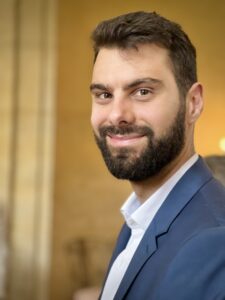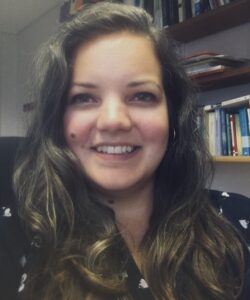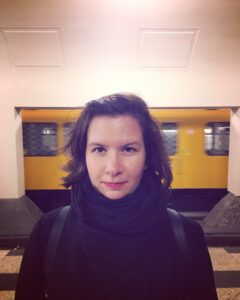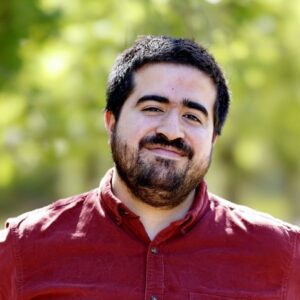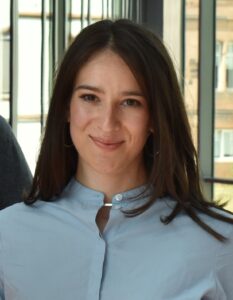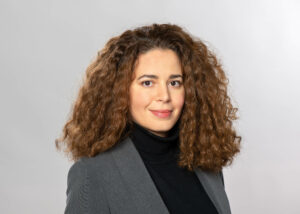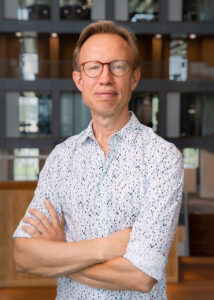
Teun Zuiderent-Jerak
For STS as a nomadic field, with many younger and more seasoned scholars working in non-STS departments, it is essential to have spaces to come together. The EASST meetings, the journals Science & Technology Studies and EASST Review, and STS events in Europe that receive EASST support, provide crucial spaces for STS scholars from Europe and beyond to meet. These spaces are dear to me and I would like to continue to help foster them.


